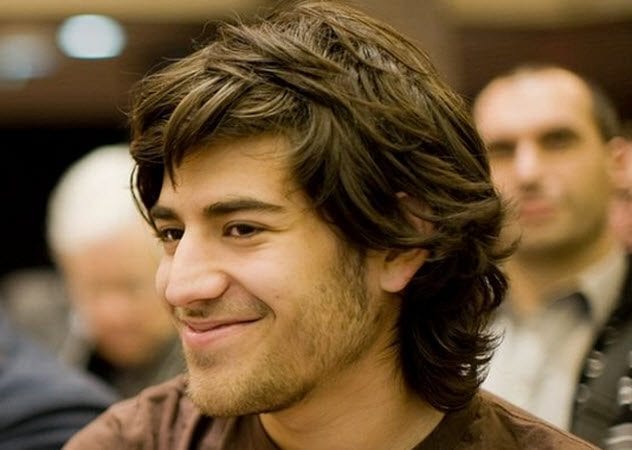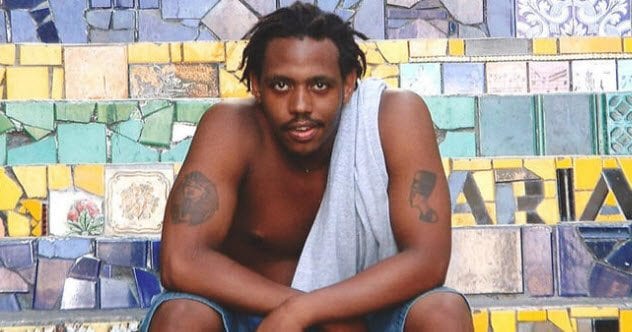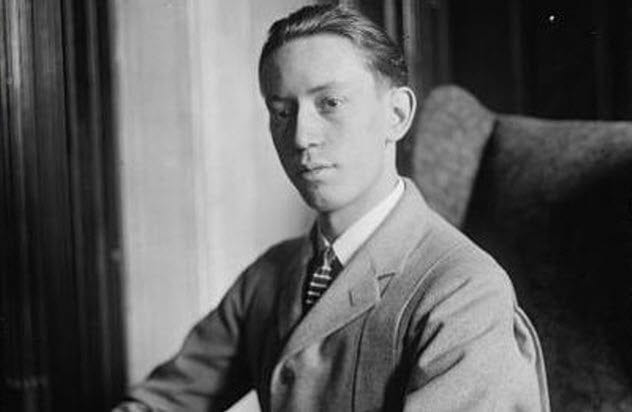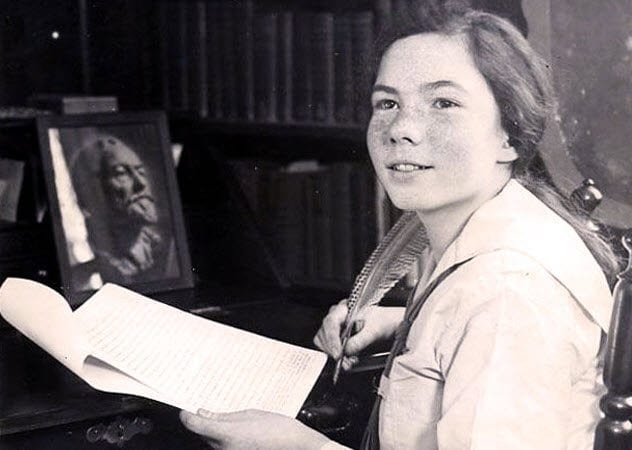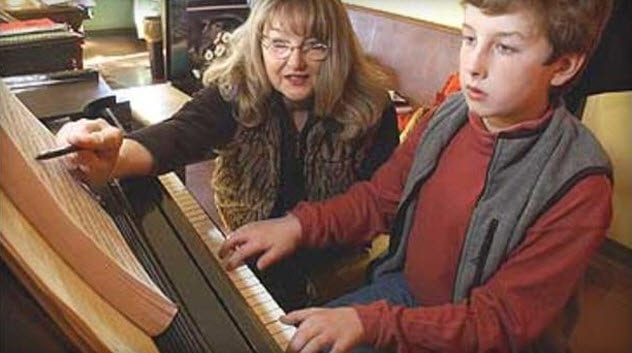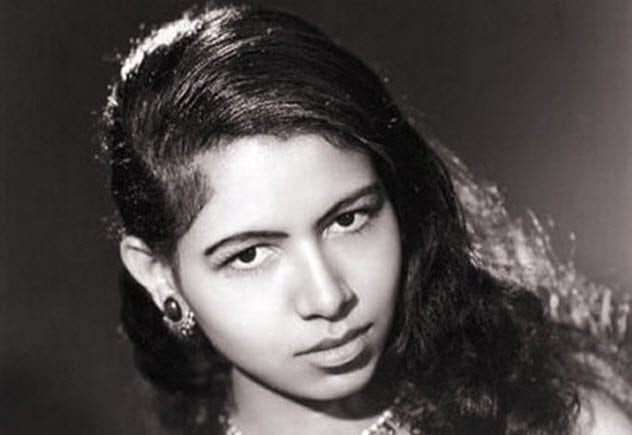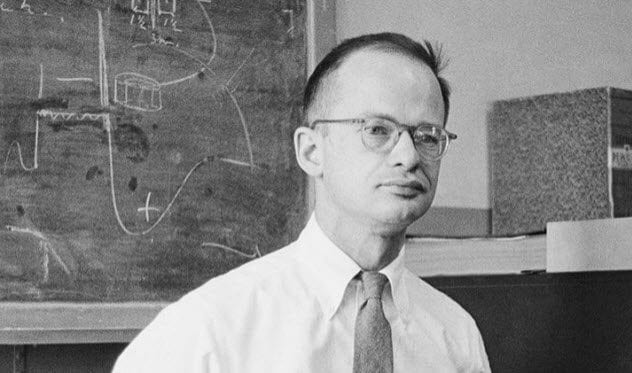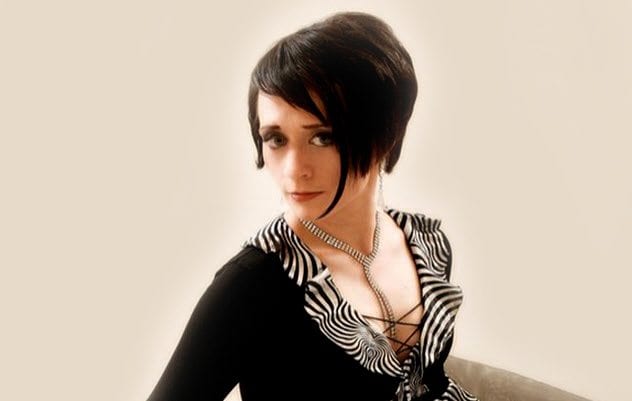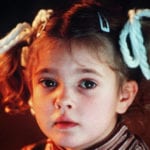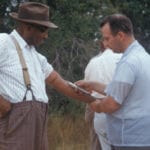10 Aaron Swartz
At age 14, Aaron Swartz had already created a fundamental tool of the Internet: RSS, or the software that allows one to subscribe to online information. Born in 1986, Swartz proved to be a pivotal player during the early stages of the Internet despite still being a teen. Besides his various interests on the Internet, Swartz became a key figure in Internet activism, often hacking systems so that their information could be public. Hacking into the nonprofit site JSTOR using illegal means, Swartz released 4.8 million documents but was indicted by the federal government in 2011. Facing a jail sentence of up to 35 years and a $1 million fine, Swartz hanged himself in 2013 when he was just 26. According to relatives, Swartz had also been struggling with depression and other illnesses that could have played a factor.
9 Robert Peace
Robert Peace was always a promising child. When he was in nursery, his nickname was “the professor.” When an executive met Peace at a senior banquet, he was so impressed that he gave Peace a blank check to pay for all his education. Raised in Newark, New Jersey, he was the son of a single mother who worked hard to improve their circumstances; his father was imprisoned for double murder. Soon, Peace was accepted into Yale University where he studied biochemistry. Secretly, Peace moonlighted as a big-time marijuana dealer, eventually amassing $100,000. Rather than use his education to get a legitimate job, Peace continued to deal drugs and was shot to death in a marijuana greenhouse in 2011 when he was 30.
8 Peaches Geldof
Peaches Geldof was just 11 years old when her mother, TV presenter Paula Yates, died of an overdose in 2000. This incident foreshadowed Geldof’s own death years later. The daughter of Yates and musician Bob Geldof, Peaches began her career writing for Elle magazine when she was just 15. By 16, she had left home and was writing for The Guardian and The Telegraph along with working on television, modeling, and launching her own clothing line. Geldof seemed to lead the perfect life but had a dark secret: She was a heroin addict. Other than saying that she had experimented with drugs in her teens, Geldof never spoke about her problem. But in the 2.5 years leading up to her death, she was getting methadone treatments. Then in 2014, tragedy struck when the brilliant young woman died of a heroin overdose in her Kent home after apparently relapsing.
7 Ervin Nyiregyhazi
Ervin Nyiregyhazi was just three years old when he began composing music and was eight when he performed at Buckingham Palace and other royal courts. Nyiregyhazi was born in Budapest in 1903 to an apathetic, womanizing father who died young and a domineering mother who exploited her son’s talents. Hailed as “a new Liszt,” Nyiregyhazi seemed to have everything going for him. But in 1920, when he was 17, he came to the US and would later recognize this as “the beginning of the end” for his career. Slowly, Nyiregyhazi faded into obscurity, which led him to poverty and alcoholism. Virtually every comeback he attempted led nowhere, and he soon developed stage fright. In his personal life, Nyiregyhazi was married 10 times before his death. Nyiregyhazi was briefly rediscovered in the 1970s. A few records were actually produced, but he died in 1987.
6 Barbara Newhall Follett
Wilson Follett once wrote to Harper’s Magazine about his daughter, Barbara, who was just three years old but already fascinated by letters and words. The young child would prove to be far more successful than anyone thought. In 1926, Barbara finished her book, now titled The House Without Windows. Her editor father was impressed and sent the manuscript to a publishing house. The book was an immediate best seller. More impressively, Barbara was just 12 years old. After her father left the family for another woman, Barbara and her mother were left destitute. However, Barbara continued writing and eventually married. Then in 1939, Barbara and her husband quarreled, and she disappeared into the night. Since that evening, Barbara has never been seen nor heard from again.
5 Brandenn Bremmer
Brandenn Bremmer was only 18 months old when he began reading. At three, he played the piano and did first-grade work. By 10, Bremmer had graduated high school, and at 11, he was going to college. Bremmer impressed everyone with his intelligence and the music he composed. He even received the attention of national news. According to his mother, he was a happy, cheerful child. But all this changed in 2005 when he was discovered dead in his home from a self-inflicted gunshot wound. He had been studying to be an anesthesiologist and was getting ready to release his second music CD. His death was assumed to be a suicide, but he didn’t leave a note. He had not been depressed according to anyone who saw him at the time. His mother suggested that he wanted to donate his organs, saying: “We believe he could hear people’s needs. He left to save those people.” This wish was fulfilled the night he died when his organs were given to those in need.
4 Philippa Schuyler
Philippa Schuyler was born in 1931 to mixed race parents: One was a wealthy Southern woman, and the other was a black journalist. The couple believed that racial tensions could only be solved by mixing the races. But little did they know that they were the parents of an impressive child. Viewed as an experiment, Schuyler was playing Mozart at age four and her IQ tested at 180. Schuyler’s genius soon led to tragedy. Her mother began to beat her regularly and wouldn’t allow her to be around children her age. All Schuyler was allowed to do was practice, and this paid off as critics across the board praised her. However, racial prejudice would bring Schuyler’s music career to a halt. Being recognized as merely a “Negro,” Schuyler went to great efforts to hide her identity. She later became a journalist but tragically died in a helicopter crash in Vietnam in 1967.
3 Sergey Reznichenko
Sergey Reznichenko was two when he learned to read. At 13, he rose to prominence due to an appearance on a Russian version of Britain’s Brainiest Kid. It seemed that Reznichenko was talented in everything he did: He wrote poetry, excelled at mathematics and other sciences, and began studying economics at Zaporizhzhya National University in Ukraine at age 15. But not everything was as perfect as it seemed. Reznichenko’s mother was believed to be a member of an extreme Jehovah’s Witnesses cult and isolated her son from his peers. When Reznichenko finally left for college, he was freed from his domineering mother’s grasp and soon began engaging in substance abuse. Reznichenko began to withdraw from reality and immersed himself in a world of video games and anime. In 2011, he sunk into a deep depression and became delusional. He snapped and declared himself a god. Moments later, he jumped out a window and died from his injuries.
2 Walter Pitts
In 1923, Walter Pitts was born to a poor family in Detroit, Michigan. As a young man, he was bullied frequently and his parents wanted him to drop out of school and go to work. Pitts took solace in a nearby library. By age 12, he had taught himself Greek, Latin, mathematics, and logic. His love for such topics came from Principia Mathematica by Bertrand Russell and Alfred Whitehead. Pitts wrote to Russell, who was so impressed that he invited Pitts to study at Cambridge. Since Pitts was only 12, he couldn’t leave. However, despite never graduating high school, Pitts received a PhD from MIT by 1943. His ideas on cybernetics and artificial intelligence led to the computer age. But his ideas that brain function and thought could be explained by pure logic were largely dismissed, causing Pitts to become a severe alcoholic. After a few hospital stays to get help, Pitts died alone from cirrhosis in 1969.
1 Natalia Strelchenko
Natalia Strelchenko suffered a tragic fate brought on by her abusive husband’s jealousy. A prodigy at piano, Strelchenko debuted at age 12 with the St. Petersburg Symphony Orchestra and soon became recognized as an international sensation. In 2007, Strelchenko met her future husband, John Martin, while they were performing at the Oslo Conservatoire. But they didn’t marry until her first marriage failed and he left his second wife. The two lived in Manchester, and the marriage began to fall apart. Martin became abusive and wanted Strelchenko to give up her career and become a housewife. He once strangled her in their car, throttled her in their bedroom, and even forced her to have an abortion. On their second wedding anniversary, Martin murdered his wife in cold blood. In 2016, John Martin was convicted of the murder of Natalia Strelchenko. Gordon Gora is a struggling author who is desperately trying to make it. He is working on several projects, but until he finishes one, he will write for Listverse for his bread and butter. You can write him at [email protected].
